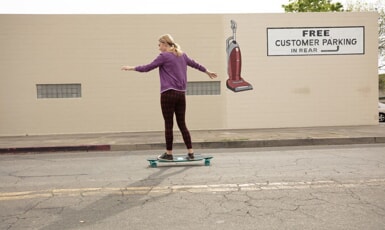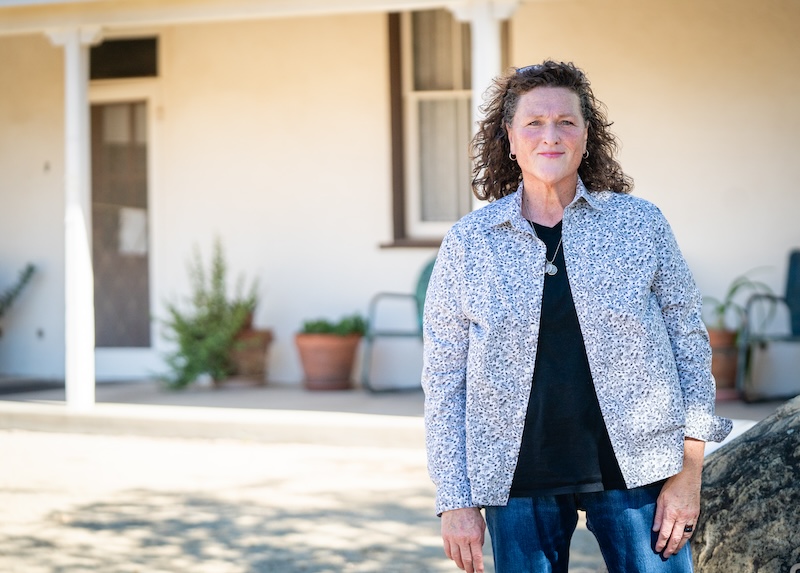Regaining Your Balance: How to Get Help With Vertigo
May 13, 2021

Juggling kids and work. Struggling to finish our to-do lists and still get some sleep. Keeping up with work and chores and finding time for exercise and vacation. We talk a lot about how hard it is to find balance in life.
But have you thought about what happens if your balance is literally off?
Feeling off-balance
Your sense of balance comes from different body systems working together to create stability. Good balance depends on several things that happen automatically thanks to your brain:
- Receiving sensory information
- Processing that information
- Producing the right muscle response
Your balance relies on your vision, sense of muscle and joint position, and inner ear, which is also known as the vestibular system. The vestibular system helps sense information with head movements and changes in speed.
While falls and dizziness are a common occurrence in people over 65 years of age, neither should be thought of as a normal part of aging. Balance problems also impact younger people.
Some causes of balance problems and dizziness, or vertigo, include:
- Benign paroxysmal positional vertigo
- Meniere’s disease
- Infection and/or inflammation
- Injury, including brain and neck injuries
- Circulatory issues, including stroke and low blood pressure
- Certain medications
Anytime you have concerns about your balance or vertigo, you should check in with your primary care provider. They will know your full medical and health history and help guide you to diagnosis and treatment.
Help for vertigo and balance disorders
As troubling as it feels to feel like your balance is off and experience the affects of vertigo, you don’t have to suffer alone. Rehabilitation specialists are often able to improve balance and stop dizziness.
Because your balance involves a number of steps and systems, you need a team of specialists to diagnose and treat your condition. Many issues can be easily diagnosed in a rehab clinic. Treatment often involves just a few visits and no surgery.
This team approach often involves:
Physical therapists: These specialists help determine how well you are using your body and brain to maintain your balance. They are trained to conduct thorough assessments and look at problems with walking, balance, dizziness or vertigo. Many inner ear problems can be easily treated and relieve you of symptoms like spinning and nausea.
Audiologists: These hearing experts are also trained in ways to test for the causes of dizziness. These tests include These tests include videonystagmography, which evaluates eye movement to check for balance problems related to the inner ear, and computerized dynamic posturography to assess your balance under different conditions.
Vestibular rehab therapy: This exercise-based program uses specific exercises targeted for your condition and goals. Often VRT can improve symptoms of the inner ear after injury as well as many other causes of balance and vertigo issues.
When you talk to your primary care provider about your struggles with vertigo or balance problems, ask how you can schedule an initial evaluation with a vestibular therapist or audiologist.
If you find yourself literally out of balance, give the Adventist Health Portland rehab team a call at 503-261-6962. We have therapists specially trained in balance and inner ear disorders. They offer services in southeast Portland, Clackamas, and Gresham.


